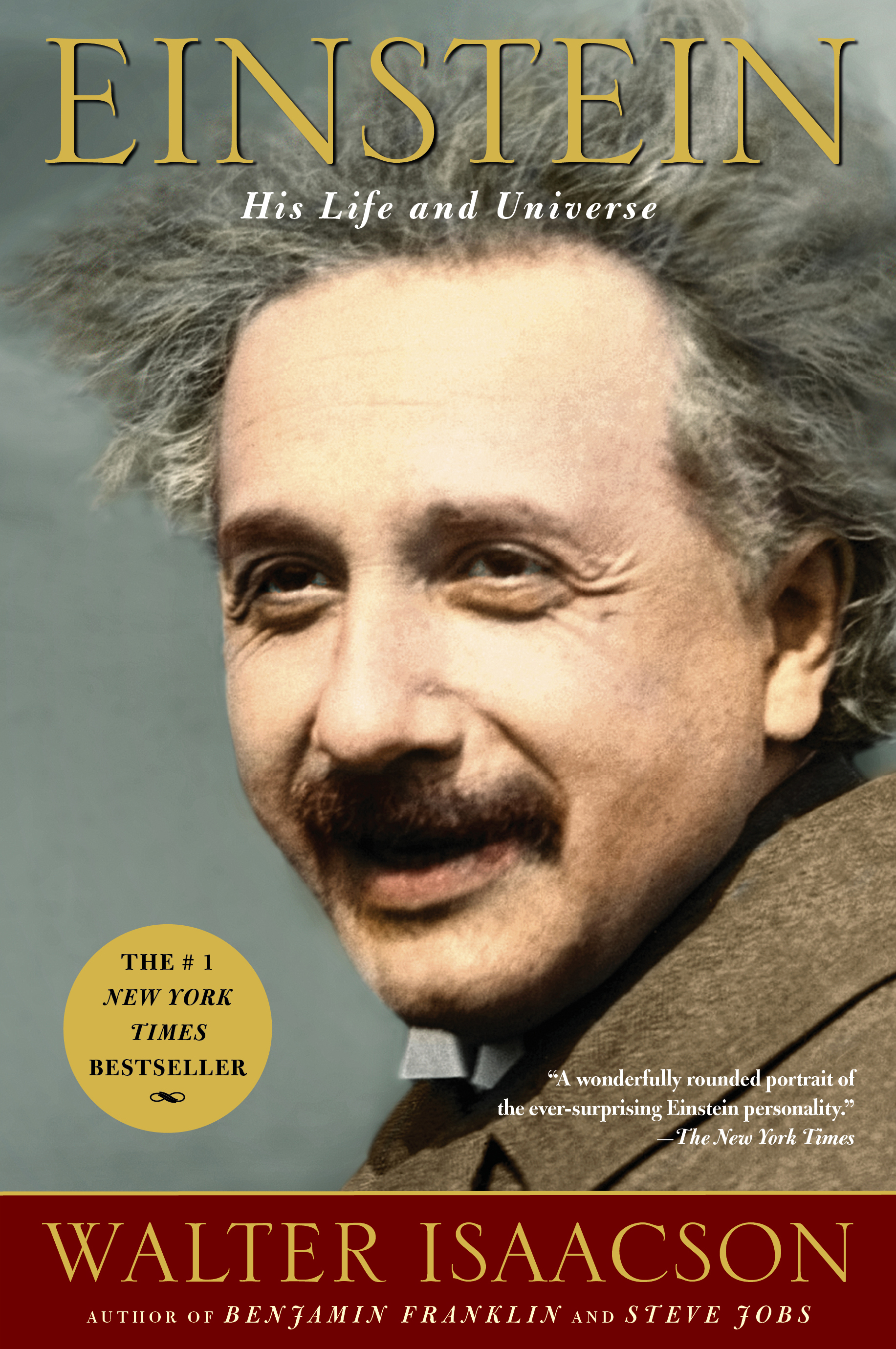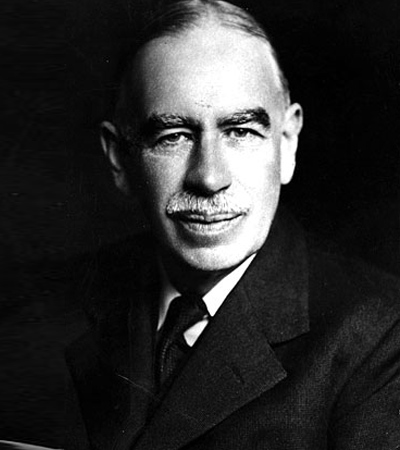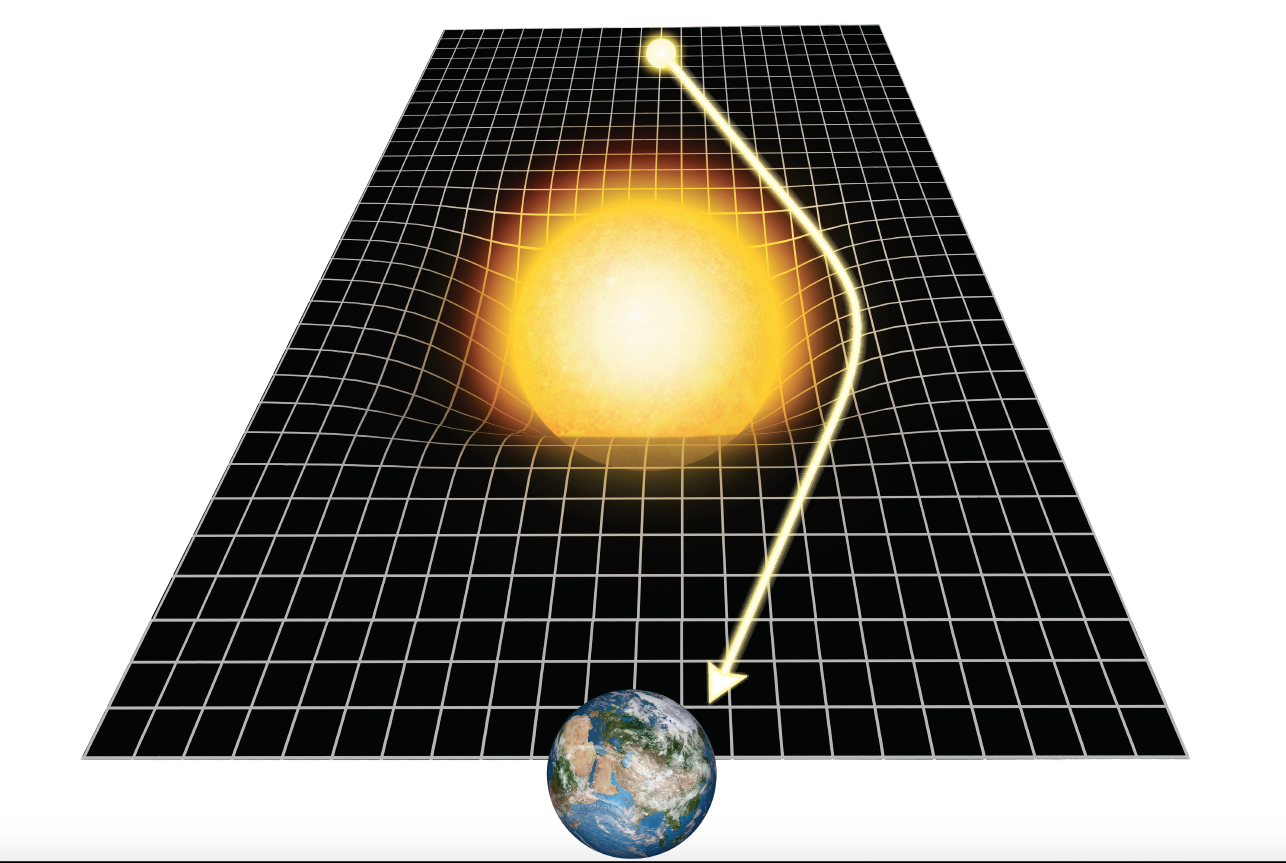It’s Time Economists Took an Einsteinian Turn
It’s Time Economists Took an Einsteinian Turn
By Paramendra Bhagat
At the dawn of the 20th century, physics was considered a completed field. Leading scientists believed all that remained was refinement—measurements, decimals, dusting the corners of an already finished palace of knowledge. Then Albert Einstein showed up.
He didn’t storm the castle. He simply paid close attention. He noticed the light bending near the sun. He observed how pollen grains danced in still water, seemingly without cause. And from these subtle clues—dismissed anomalies—he upended the foundations of classical physics and rewrote the laws of the universe.
It’s a lesson in humility and brilliance. More importantly, it’s a lesson in not ignoring the signs, no matter how small.
Where Are Today’s Einsteins in Economics?
Compare that with the state of economics today. The field, it seems, is coasting. Mainstream economists fiddle with models that fail to predict crashes, ignore persistent inequality, and respond to planetary-scale technological shifts with tweaks instead of transformations.
You may agree or disagree with Donald Trump. You can question his character, his rhetoric, even his grasp of facts. But one thing he got undeniably right: manufacturing across America has collapsed, and small towns and cities have borne the brunt. You can argue he offers no coherent solution—or that his remedies, like tariffs, might exacerbate the disease—but the fact remains: he paid attention to the anomaly.
Where were the economists?
Keynes Saw It Coming
John Maynard Keynes, the original architect of Bretton Woods, foresaw the danger. Back in 1944, he warned that giving the U.S. dollar an outsized global role—effectively making it the backbone of global trade—would one day come back to harm the U.S. itself.
He wasn’t wrong. Over decades, America’s manufacturing base eroded under the weight of a currency too strong for its own industrial competitiveness. But instead of revisiting Keynes’ vision for an International Clearing Union—a global system that would’ve avoided massive trade imbalances—mainstream economists stuck to orthodoxy.
Not because it worked. But because it was familiar.
AI, Robotics, and the End of Scarcity
Now a new disruption looms. Artificial intelligence, automation, and robotics point to an unprecedented future: a post-scarcity economy. Machines can increasingly perform both physical and cognitive labor. Productivity is poised to explode. And yet, economists continue to think in 20th-century frameworks rooted in scarcity—supply, demand, pricing, and marginal costs.
But how do you apply supply and demand logic when AI can produce near-infinite copies of knowledge, art, code, or even conversation? How do you maintain notions of employment when machines outperform humans not just in muscle, but in mind?
Clinging to old doctrines in an age of abundance is a recipe for chaos, inequality, and unrest.
The Kathmandu School of Economics
And so, we come to the margins. To the pollen grains and bending rays of the new century. And here we find the Kalkiism Research Center in Kathmandu—a group of economic thinkers daring to reimagine everything.
They ask questions no one else dares to.
-
What if we redesigned global trade to reflect balance, not domination?
-
What if AI-led productivity gains became the basis of universal abundance, not elite concentration?
-
What if we created an economic system that measured dignity and fulfillment, not just GDP and profit?
Their proposals aren’t just critiques—they are blueprints. Blueprints for a post-capitalist, post-scarcity future that doesn’t descend into dystopia.
The Light Is Bending Again
The world is changing. Not slowly, but exponentially. Our economic realities are not lagging—they are transforming in real time. And the models we use to understand them are woefully obsolete.
It is time—past time—for economists to stop adjusting the margins and start noticing the anomalies. To stop optimizing spreadsheets and start asking first-principle questions.
The light is bending again. The pollen grains are moving.
The next Einstein in economics may not wear a suit or work at the IMF. He or she—or they—may be watching quietly from a rooftop in Kathmandu, drawing a new map for a world that refuses to sit still.
Time to go back to the drawing board.
Let’s hope the economists are listening this time.
अब अर्थशास्त्रियों को आइंस्टीन जैसा दृष्टिकोण अपनाने का समय आ गया है
अब अर्थशास्त्रियों को आइंस्टीन जैसा दृष्टिकोण अपनाने का समय आ गया है
परमेंद्र भगत द्वारा
20वीं सदी की शुरुआत में भौतिकी को लगभग एक पूर्ण विषय माना जा रहा था। अग्रणी वैज्ञानिकों का मानना था कि अब बस सूक्ष्म माप लेने का काम रह गया है—कुछ दशमलवों की सफाई, कुछ कोनों की मरम्मत, बाकी महल पूरा हो चुका है। फिर अल्बर्ट आइंस्टीन आए।
उन्होंने दरवाजा नहीं तोड़ा, बल्कि ध्यान दिया। उन्होंने देखा कि सूर्य के पास से गुजरती रोशनी मुड़ती है। उन्होंने देखा कि जल में तैरते पराग कण किसी अदृश्य शक्ति से कंपन कर रहे हैं। और इन्हीं उपेक्षित, छोटे-छोटे विवरणों से उन्होंने भौतिकी की नींव हिला दी और ब्रह्मांड को समझने के नए सिद्धांत गढ़े।
यह विनम्रता और प्रतिभा का मेल था। लेकिन इससे भी बड़ी बात यह थी: उन्होंने उन संकेतों को अनदेखा नहीं किया, जिन्हें बाकी दुनिया ने मामूली मान लिया था।
आज के अर्थशास्त्र में आइंस्टीन कहाँ हैं?
अब अर्थशास्त्र को देखिए। यह क्षेत्र आज सुस्त हो गया है। मुख्यधारा के अर्थशास्त्री ऐसे मॉडल चला रहे हैं जो आर्थिक संकटों की भविष्यवाणी नहीं कर पाते, असमानता को नजरअंदाज करते हैं, और जब तकनीक पृथ्वी का नक्शा बदल रही है, तब भी केवल 'ट्वीकिंग' तक सीमित हैं।
आप डोनाल्ड ट्रंप से सहमत हो सकते हैं या असहमत। आप उनके व्यक्तित्व और भाषा पर सवाल उठा सकते हैं। लेकिन एक बात उन्होंने बिल्कुल सही देखी: अमेरिका में विनिर्माण तबाह हो गया है, और छोटे शहर बुरी तरह प्रभावित हुए हैं। आप कह सकते हैं कि उनके पास समाधान नहीं है—या उनके समाधान उलटे नुकसानदायक हैं—लेकिन कम से कम उन्होंने उस गड़बड़ी को पहचाना।
तो अर्थशास्त्री कहाँ थे?
केन्स ने पहले ही चेताया था
जॉन मेनार्ड केन्स, जिन्होंने 1944 में ब्रेटन वुड्स प्रणाली की नींव रखी, पहले ही चेतावनी दे चुके थे। उन्होंने कहा था कि यदि अमेरिकी डॉलर को विशेष दर्जा दिया गया, तो एक दिन यही अमेरिका के औद्योगिक आधार को नष्ट कर देगा।
और ठीक यही हुआ। दशकों में अमेरिका का विनिर्माण ढांचा डॉलर की अधिक शक्ति के बोझ से ढह गया। लेकिन अर्थशास्त्रियों ने उस समय केन्स के वैकल्पिक प्रस्तावों की ओर लौटकर नहीं देखा—जैसे कि एक अंतर्राष्ट्रीय निपटान संघ की स्थापना।
क्यों नहीं देखा? क्योंकि नया रास्ता अपनाने के लिए विनम्रता चाहिए।
AI, रोबोटिक्स, और कमी का अंत
अब एक नई क्रांति सामने है—कृत्रिम बुद्धिमत्ता, स्वचालन, और रोबोटिक्स। ये तकनीकें एक ऐसी अर्थव्यवस्था का संकेत देती हैं जहां कमी नहीं, बल्कि प्रचुरता होगी। मशीनें न केवल शारीरिक, बल्कि बौद्धिक कार्यों में भी मानव को पीछे छोड़ रही हैं।
लेकिन अर्थशास्त्री अब भी 20वीं सदी के ‘कमी आधारित सिद्धांतों’ में उलझे हुए हैं। जब ज्ञान, कला, कोड या संवाद जैसी चीजें अनगिनत बार मुफ्त में दोहराई जा सकती हों, तब पारंपरिक मांग-आपूर्ति की सोच कैसे टिकेगी?
यदि हम प्रचुरता के युग में भी 'कमी आधारित' सोच अपनाएंगे, तो उसका परिणाम अराजकता, असमानता और पीड़ा ही होगा।
काठमांडू का आर्थिक विद्यालय
और अब, जब मुख्यधारा चुप है, काठमांडू स्थित कल्किवाद अनुसंधान केंद्र उस पराग और प्रकाश की ओर ध्यान दे रहा है जो बाकी दुनिया अनदेखा कर रही है।
वे पूछते हैं:
-
क्या हम वैश्विक व्यापार को शक्ति की बजाय संतुलन पर आधारित नहीं बना सकते?
-
क्या AI से उपजे लाभों को केवल अमीरों तक सीमित करने के बजाय सार्वभौमिक समृद्धि में नहीं बदला जा सकता?
-
क्या हम ऐसी आर्थिक प्रणाली नहीं बना सकते जो केवल GDP नहीं, बल्कि मानव गरिमा और संतोष को मापे?
उनके पास केवल आलोचना नहीं है—उनके पास रोडमैप हैं। ऐसे रोडमैप जो पूंजीवाद के बाद की, प्रचुरता-आधारित दुनिया को समझने और दिशा देने में सक्षम हैं।
रोशनी फिर से मुड़ रही है
दुनिया बदल रही है—धीरे नहीं, तेजी से। हमारी आर्थिक वास्तविकताएँ अब पुराने मॉडल में फिट नहीं होतीं। और अगर अर्थशास्त्री समय रहते नहीं जागे, तो यह परिवर्तन बहुत दर्दनाक साबित हो सकता है।
अब समय है—बहुत पहले से समय था—कि अर्थशास्त्री फिर से जड़ से सोचें। उन्हें ग्राफ के किनारों को सुधारने के बजाय असल सवाल पूछने की जरूरत है।
रोशनी फिर से मुड़ रही है। पराग कण फिर से नाच रहे हैं।
आज का आर्थिक आइंस्टीन शायद IMF में नहीं बैठा है। वह शायद काठमांडू की किसी छत से दुनिया को नए सिरे से समझने की कोशिश कर रहा है।
अब ड्राइंग बोर्ड पर लौटने का समय है।
आशा है इस बार अर्थशास्त्री ध्यान दे रहे हैं।
It’s Time Economists Took an Einsteinian Turn https://t.co/s1JztPUM1V
— Paramendra Kumar Bhagat (@paramendra) July 18, 2025
Rethinking Trade: A Blueprint for a Just and Thriving Global Economy https://t.co/8aGH1Vh2WL
— Paramendra Kumar Bhagat (@paramendra) July 18, 2025
9/
— Paramendra Kumar Bhagat (@paramendra) July 18, 2025
The light is bending again. The pollen grains are moving. Time to go back to the drawing board. Time for a new Einstein moment in economics.
Rethinking Trade: A Blueprint for a Just and Thriving Global Economy https://t.co/8aGH1Vh2WL
— Paramendra Kumar Bhagat (@paramendra) July 18, 2025



